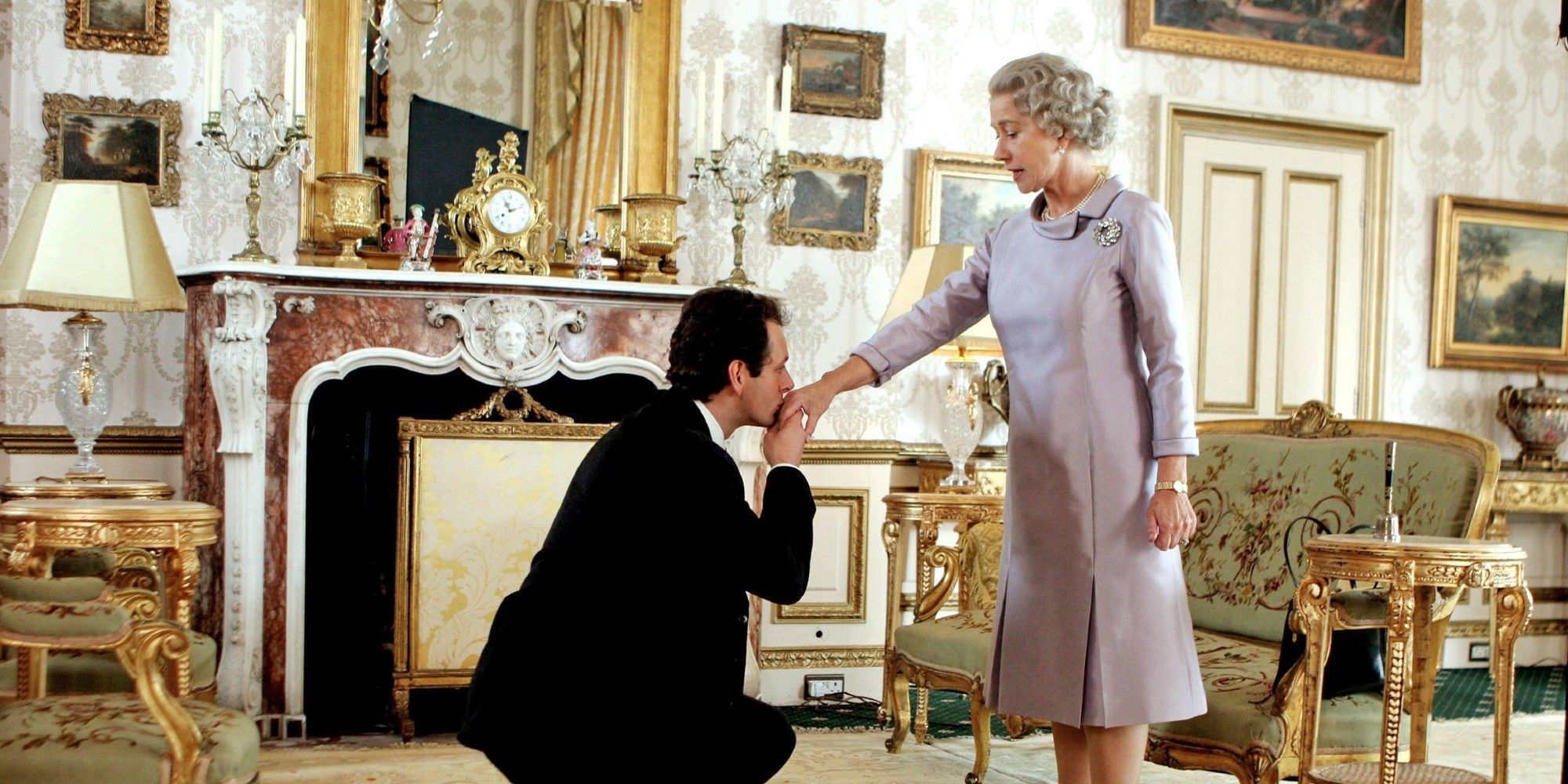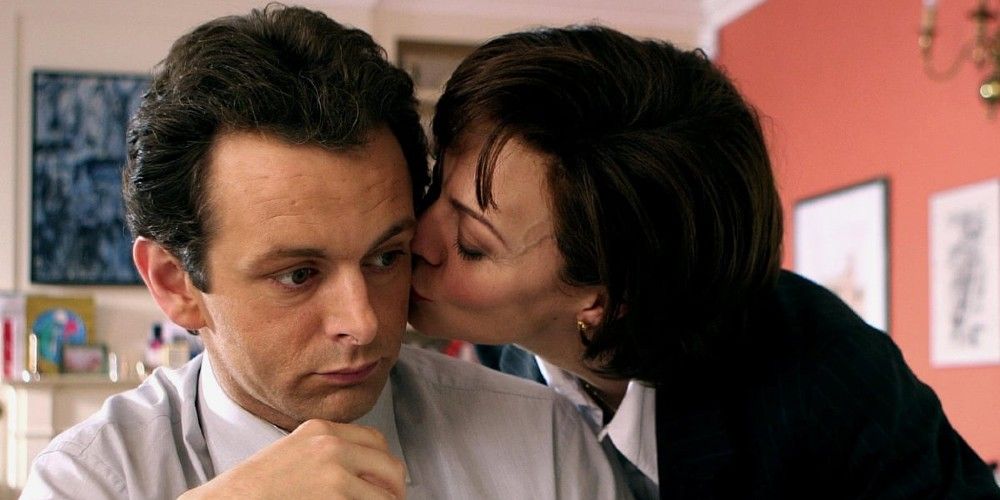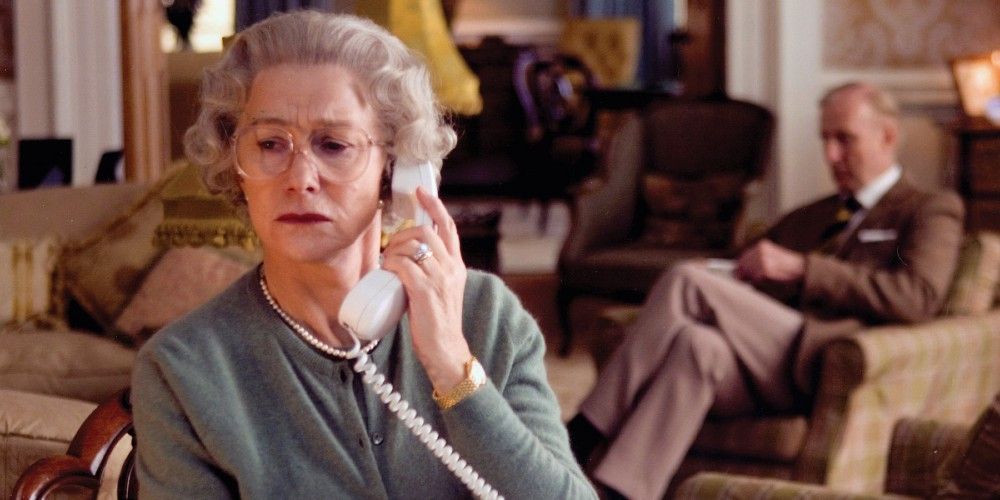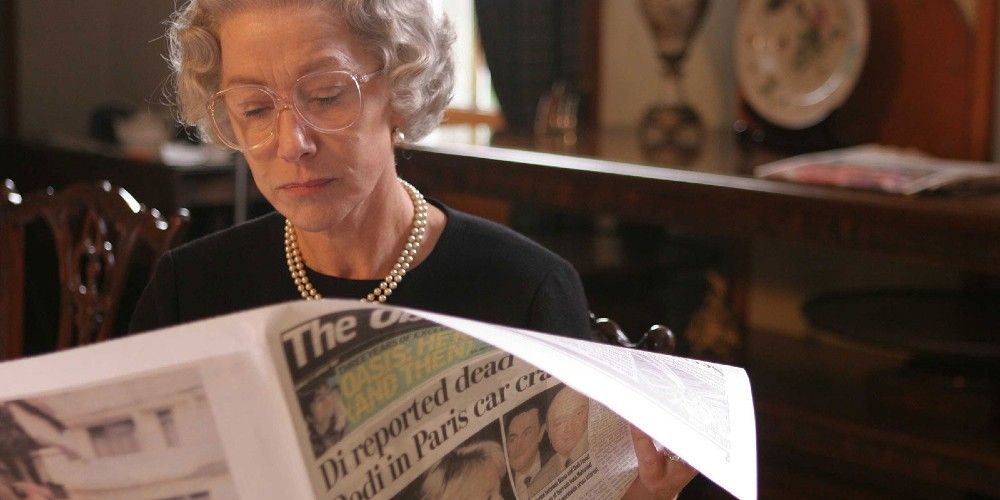The new season of The Crown on Netflix chronicles Queen Elizabeth II (Olivia Colman) and her Royal Family through the 1980s, with an important thread being the introduction of Lady Diana Spencer (Emma Collins) into the Palace through her marriage to Prince Charles (Josh O’Connor). It shows how her initial “fairy-tale” marriage quickly turns sour, as she becomes micro-managed and neglected within the stifling public role. We all know where this will go in the following seasons. But The Crown’s show-runner, Peter Morgan, already addressed Princess Diana’s split from the monarchy and her untimely death in the 2006 drama The Queen.
1997 was a big year for the UK. The first Harry Potter book was published, Hong Kong (Britain’s last remaining colony) was transferred to China, and after 18 years of consecutive Conservative government the “New Labour” movement wins the General Election by a landslide, led by Prime Minister Tony Blair. “New Labour” was viewed as a revolutionary left-wing movement able to “modernize” Britain for the 21st century, with Blair as its young and charismatic leader. Since then Blair’s reputation has drastically diminished, particularly through his support of the Iraq war. But at the time, Blair was an acclaimed and popular statesman in both British and international politics.
Peter Morgan seems fascinated by this era of British politics, having written a “Blair trilogy” tracking the Prime Minister’s career through the ‘90s. All of them having Michael Sheen playing Blair, who aside from physical resemblance carries Blair’s wide grin and blimey expressions. The first was the 2003 TV-movie The Deal, dramatizing the pact between Tony Blair and Gordon Brown (David Morrisey) about the Labour leadership. Later in 2010, Morgan would write the HBO film The Special Relationship about Blair’s close connection with President Bill Clinton (Dennis Quaid). But it’s the middle film of this trilogy – directed by Stephen Frears, who also did The Deal – that received the widest release and most acclaim, including 6 Academy Award nominations and a win for Best Actress: The Queen.
Another major event of 1997 was the death of Princess Diana after a car crash in a Paris tunnel. The Queen showcases how Blair negotiated with Queen Elizabeth II (Helen Mirren) as to the monarchy’s official ‘reaction’, given the unprecedented public outpouring of grief. The piles of flowers left for Diana were over 5 feet deep, and were so overwhelming at Buckingham Palace the Royal Guards had to be re-routed. Over 32 million people watched her memorial broadcast. Such intense national mourning clashed with the Royal’s perceived lack of response. For them Diana was an ex-Royal, having by now divorced Prince Charles (Alex Jennings) after a long separation, and was therefore not entitled to the same ceremonies. But for many this only enforced Diana, for all her grace and glamour, as being an “anti-establishment” figure who was mistreated by the monarchy during her life, and dishonored by them in death.
This is the main conflict within The Queen, with the Royal Family treating Diana’s death as a private family affair exasperating the chasm between the overtly sentimental public. In the film Labour press secretary Alastair Campbell (Mark Bazeley) coins that Diana was “the people’s princess”, and her public life makes “the people” feels entitled to share in her mourning. Early on, Queen Elizabeth jokes that she cannot vote in the General Election and cannot experience “the sheer joy of being partial”. But as The Queen shows being “impartial”, doing nothing in the wake of Diana’s death, is still perceived as a deliberate choice.
At another point, the public are angered that Buckingham Palace has not flown the flag at half-mast. Prince Phillip (James Cromwell) grumpily explains that Buckingham Palace only flies the “Royal Standard”, which is never flown at half-mast (even if Elizabeth herself died) as it dictates there is always a living sovereign. But the public’s emotional appeal to symbols, and the assurance they gain from open gestures, takes precedence over these precise Royal protocols.
Beneath these formal protocols The Queen shows the generational differences in emotional response. Queen Elizabeth was raised during World War 2 and infused with the stereotypical British reserve of “Keep Calm and Carry On”. For her, a stiff upper-lip and stoical dignity in the face of adversity is the proper reaction to tragedy. As the UK’s figurehead she believes the people want someone to stand above vulnerability, Helen Mirren playing the Queen with willful resolve that only slightly cracks when she is all alone. But by 1997 British attitudes have changed. The outpouring of grief over Diana represented an embrace of sentimentality, the desire to see celebrities not as aspirational figures but as relatable and open-hearted ones. For better or worse, this desire to have celebrities be personable would only increase and continue until today.
The Queen shows Diana’s impact and the fraught emotions of the nation using contemporary archival footage, making the real-life Diana like a specter that hangs over the public and the Royal Family. But it also displays sympathy for Queen Elizabeth behind-the-scenes, with Blair growing to respect the thankless role she was born into and defending her difficult task against those baying for her blood. In this way, as with The Crown, the film is apolitical, respecting the individual if not the institution.
Peter Morgan has grown as a screenwriter since 2006, as The Queen is not perfect in its exposition of cultural attitudes. But the same concerns found in The Crown – the burden of traditions, the role of the anachronistic Monarchy in modern Britain, the pressures of celebrity culture – can all be found in The Queen. The Netflix show only provides even more context as to the supposedly cold-hearted attitude of the Queen, which she had always been taught was the proper way to behave.
The Queen is available to rent on Amazon, YouTube and Google Play.




